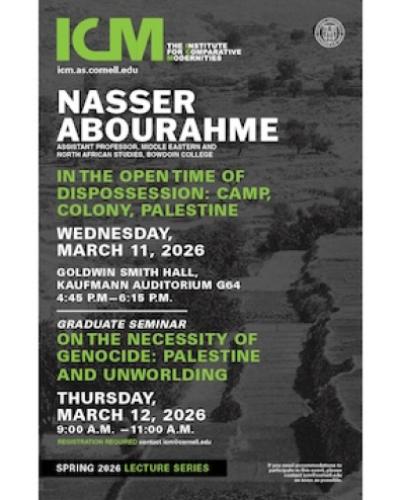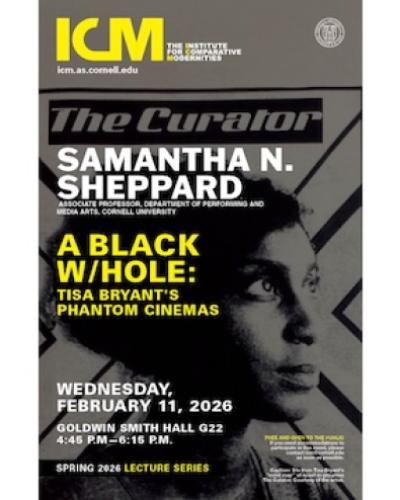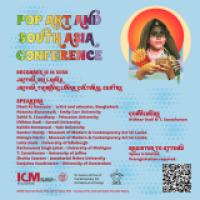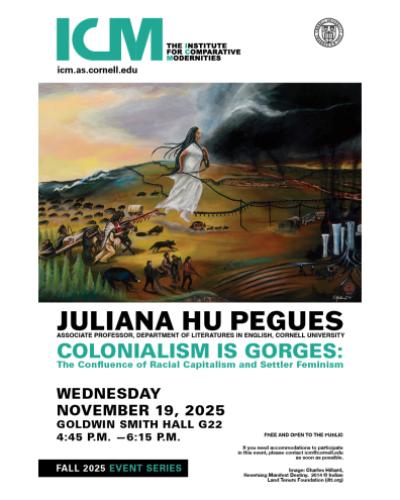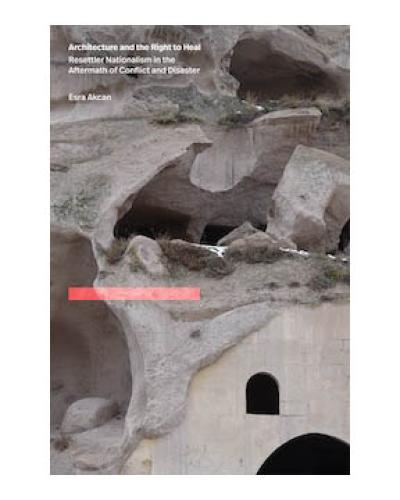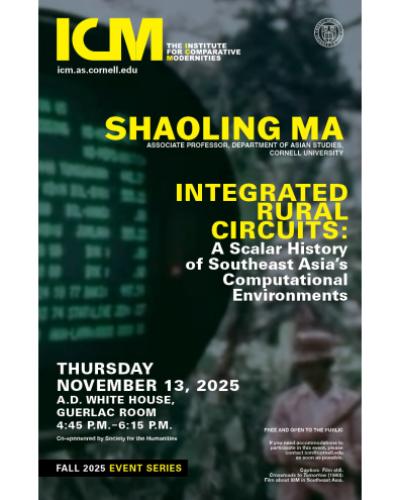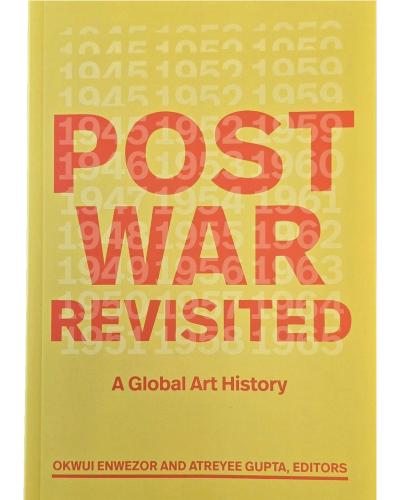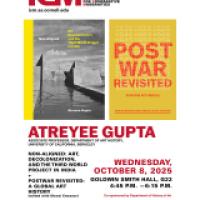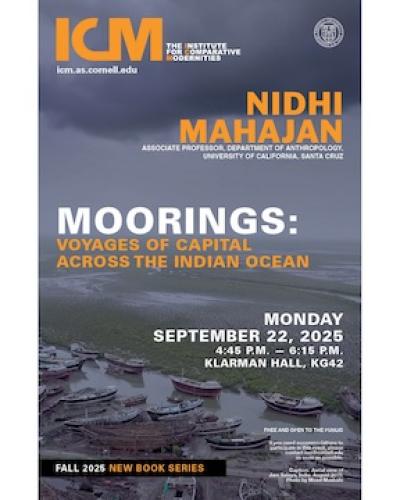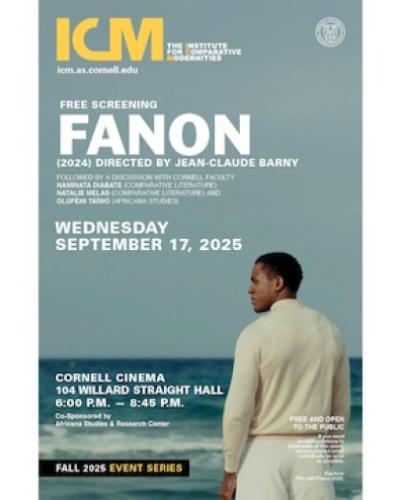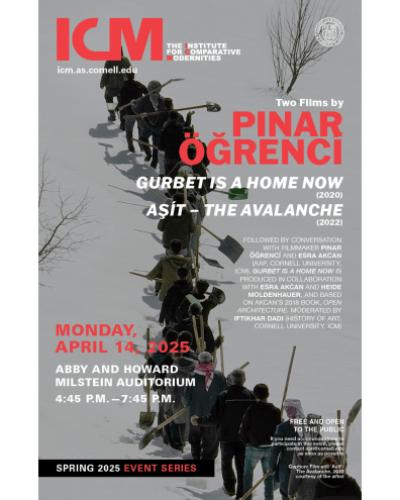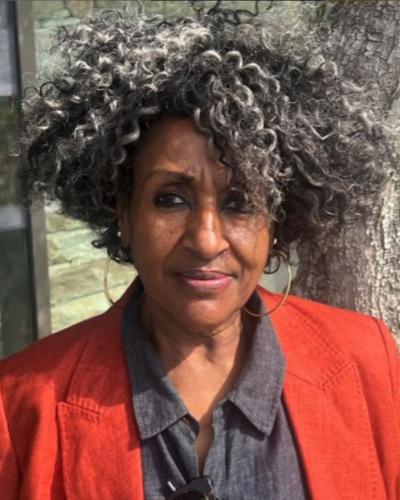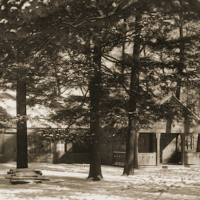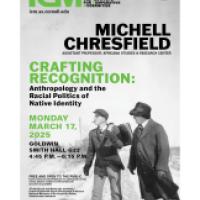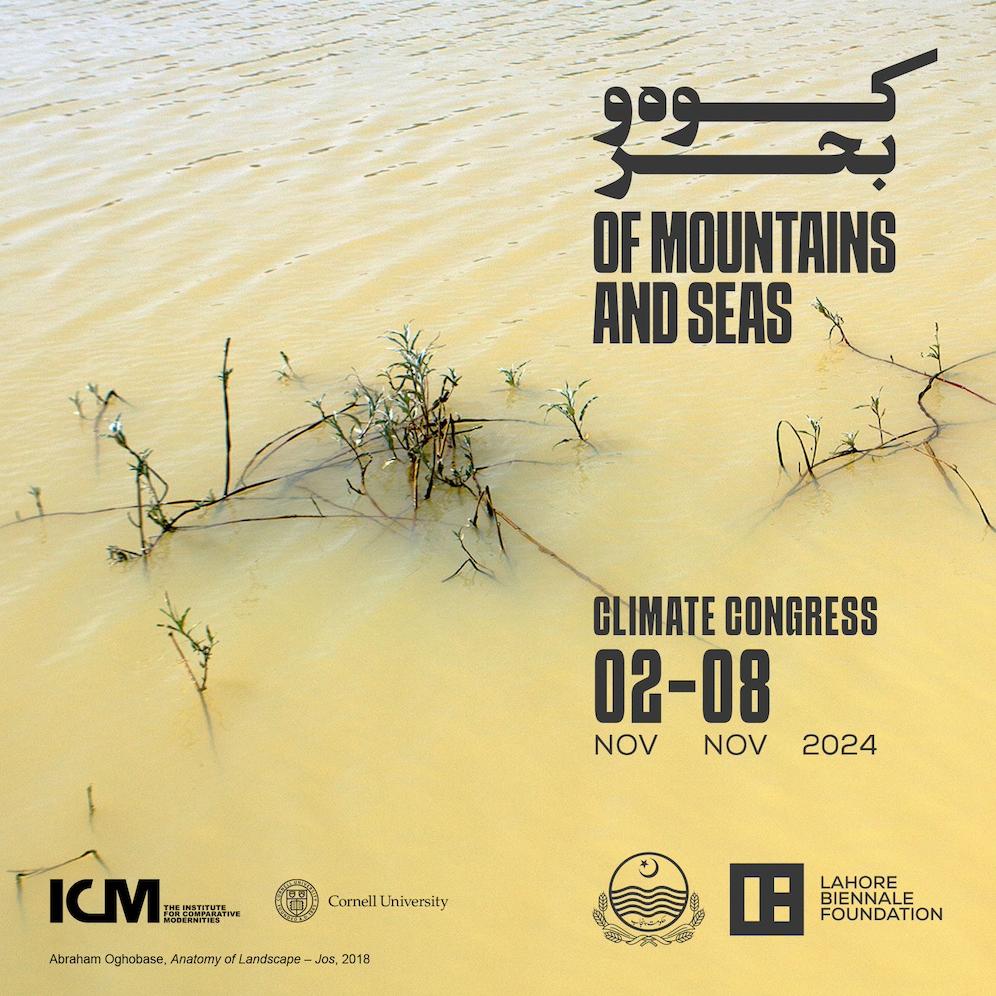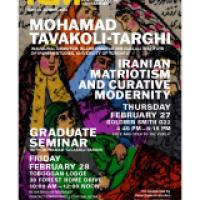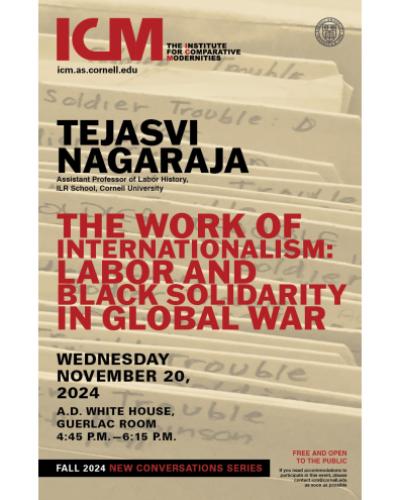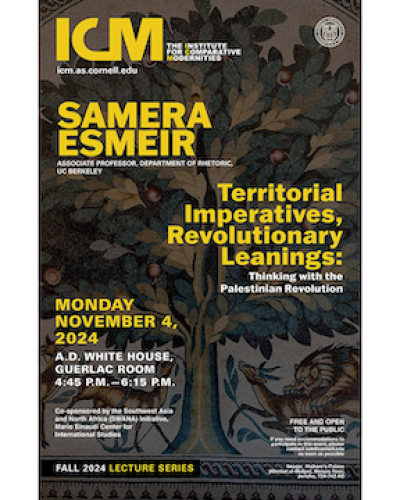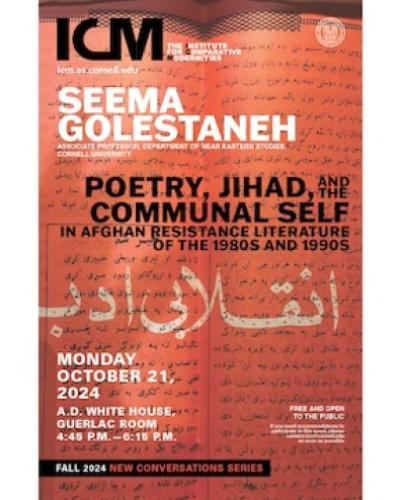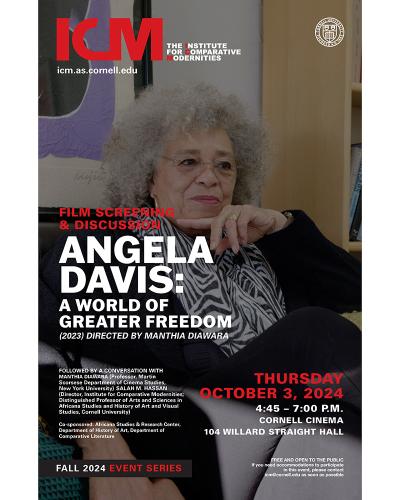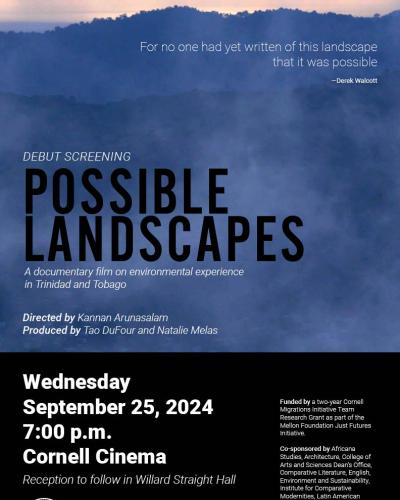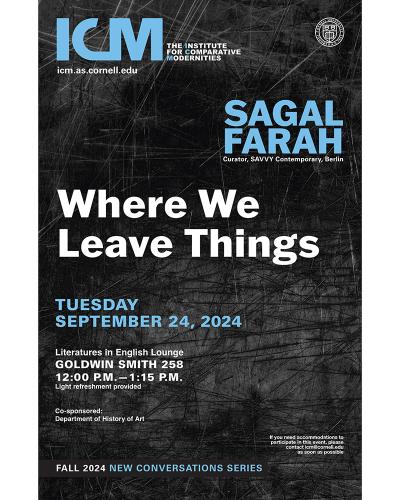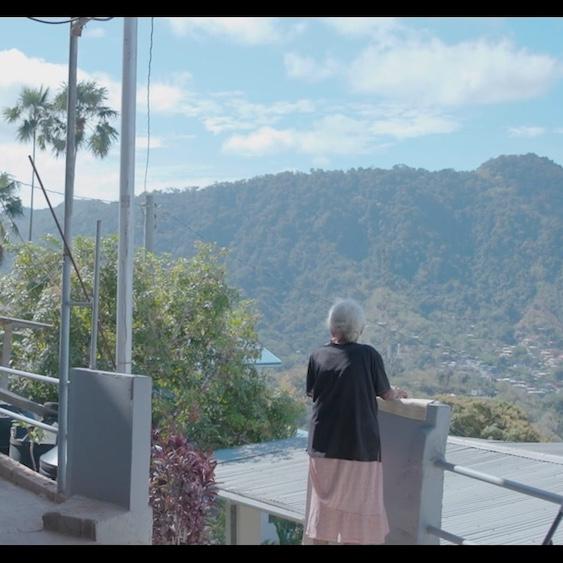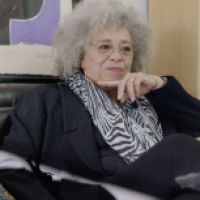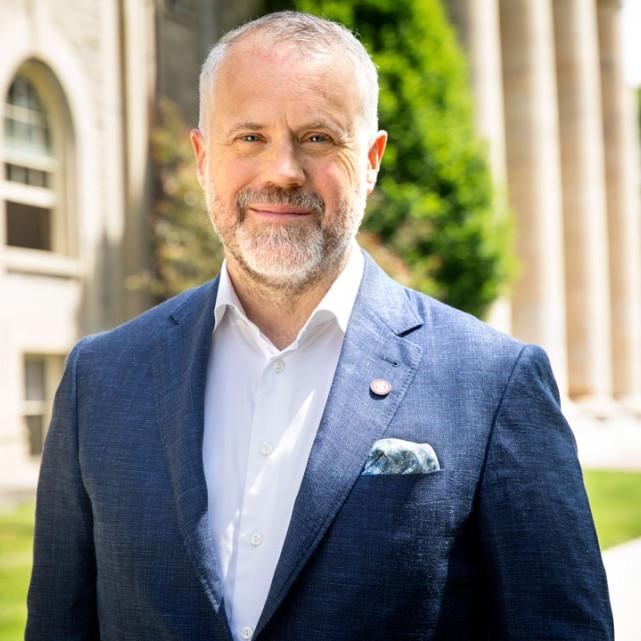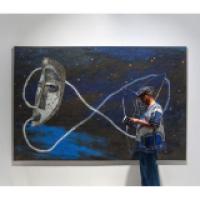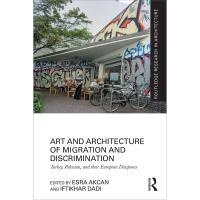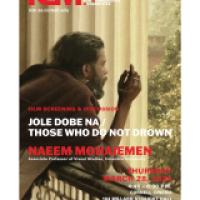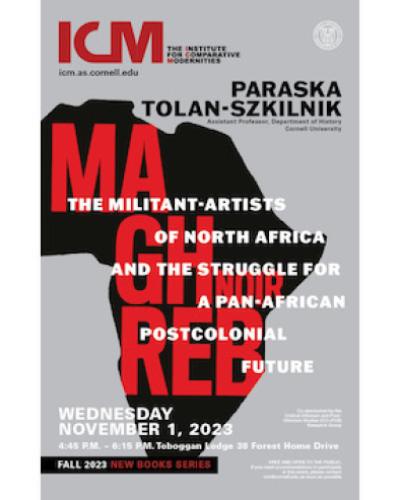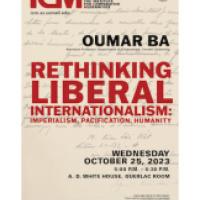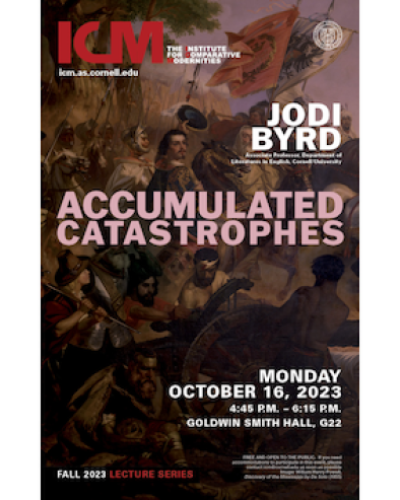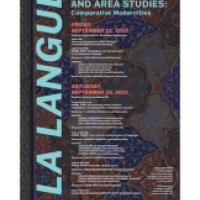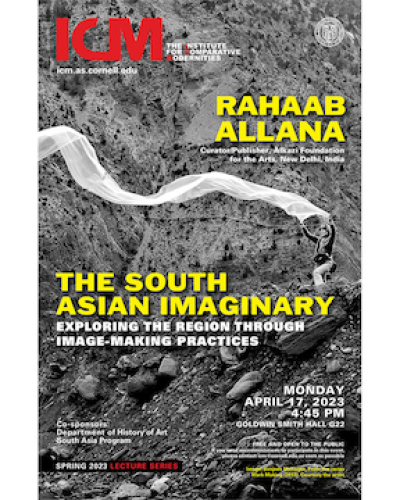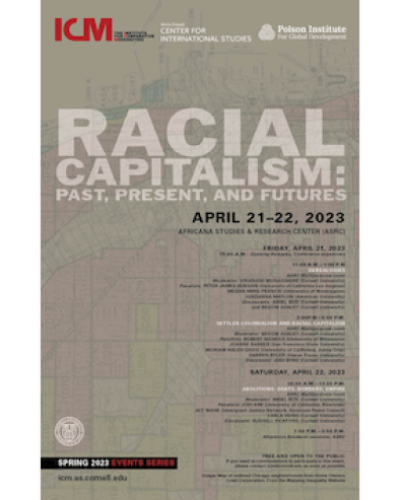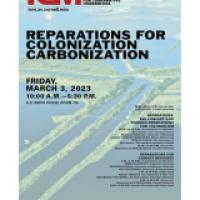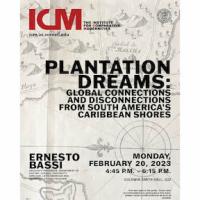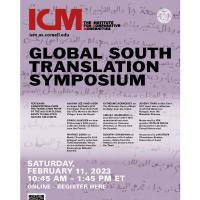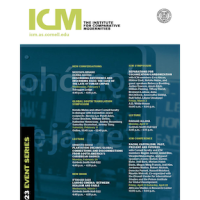ICM board member Iftikhar Dadi’s essay published in Postwar Revisited: A Global Art History, co-edited by ICM Faculty Advisor Okwui Enwezor (late), and Atreyee Gupta.
Okwui Enwezor’s 2016 exhibition Postwar: Art between the Pacific and the Atlantic, 1945–1965 redefined the history of art produced in those two decades. Nearly a decade later, Postwar Revisited: A Global Art History (Duke University Press, 2025) returns to these debates to present an image of a historical period in which Western conceptions of art, aesthetics, and philosophy are all thrown into intense flux after Auschwitz and Hiroshima, while the cultural energies of decolonization generate myriad artistic and intellectual practices across the globe, which re-engage the connections of art to life itself.
ICM board member Iftikhar Dadi’s essay published in Postwar Revisited: A Global Art History, co-edited by ICM Faculty Advisor Okwui Enwezor (late), and Atreyee Gupta.
Okwui Enwezor’s 2016 exhibition Postwar: Art between the Pacific and the Atlantic, 1945–1965 redefined the history of art produced in those two decades. Nearly a decade later, Postwar Revisited: A Global Art History (Duke University Press, 2025) returns to these debates to present an image of a historical period in which Western conceptions of art, aesthetics, and philosophy are all thrown into intense flux after Auschwitz and Hiroshima, while the cultural energies of decolonization generate myriad artistic and intellectual practices across the globe, which re-engage the connections of art to life itself.
Focusing on modernist artists, artist collectives, and architects central to dissonant regional traditions, as well as influential exhibitions and patronage systems, the contributors produce a new understanding of emergent postwar global art. Provoking new ways of thinking, engaging, and narrating art history, Postwar Revisited is essential reading for those interested in debates on global art history and global modernism, the intersections between art and decolonization, the cultural aspects of the Cold War and the Non-Aligned Movement, and modern and contemporary art more generally.
Contributors: Iftikhar Dadi, Okwui Enwezor, Patrick Flores, Hal Foster, Boris Groys, Atreyee Gupta, Elizabeth Harney, Jennifer Josten, Vivian Li, Tara McDowell, Alexandra Munroe, Nada Shabout, Terry Smith, Jenni Sorkin, Ming Tiampo
Okwui Enwezor (1963–2019) was an internationally recognized and pathbreaking art curator, the former director of Haus der Kunst, founder of Nka: Journal of Contemporary African Art, and the coauthor of numerous books and exhibition catalogs.
Atreyee Gupta is Associate Professor of Global Modern Art and South and Southeast Asian Art at the University of California, Berkeley, and author of Non-Aligned: Art, Decolonization, and the Third World Project in India.
https://www.dukeupress.edu/postwar-revisited
